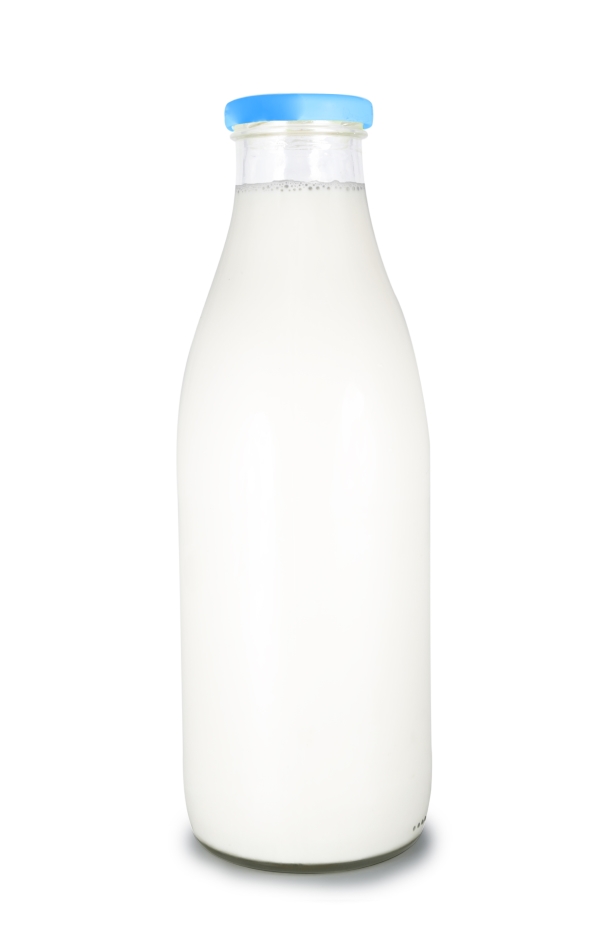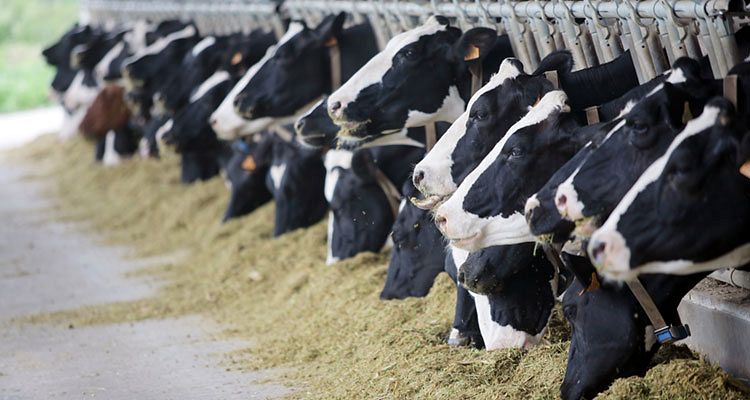Dairy produce and in particular, fresh milk, is an extremely sought after product both in restaurants and supermarkets.
Most individuals and families make their way through several pints every week. However, due to the amount of milk being produced to keep up with this demand, there is often a surplus. This means that milk must go into storage for longer periods of time before being served or distributed to local supermarkets. This surplus can cause issues for several reasons but for many it becomes an issue of contamination and product wastage.
Milk Storage Requirements
Finding the right cold storage for dairy products like milk is important if you’re looking to tackle the issues that arrive from over production. As you may know, milk can spoil easily when out in thewrong temperatures, so finding a solution that stops this problem is essential. 
Despite the pasteurisation process, keeping milk healthy and clean for consumers is hard and its nutritious and fluid state means bacteria can multiply incredibly quickly. The development of bacteria can have mild to severe consequences, from a changing in taste to consumer sickness. Protection of milk integrity is important and should be a priority for the farmers, distributors and local providers alike. Cold storage for dairy is just one of the ways you can and should protect your milk from the dangers of bacteria multiplication.
Cold Storage - A money saver
Not only will your consumer be protected, but Dairy cold stores are also important to prevent wastage and profit loss for your business. Once milk has been exposed to high temperatures before going into cold storage, it cannot be returned. Any exposure could risk contamination and would mean that all of your milk stock has to be discarded.
Once milk has reached the consumers own home, it should be stored in the coldest part of the fridge for optimum freshness. However, it is advised that milk in cold store units be no hotter than 8 degrees for same day collection and 6 degrees if longer storage is needed.
High quality milk ensures that the chemical and physical safety of the product is maintained. Your workforce should be reminded of the strict hygiene and sanitation process that should be obeyed in order to keep milk fresh, once it is placed into a dairy cold store. The correct cold storage for dairy products will allow you to follow these strict rules with ease and ensure that the milk that you distribute or serve to customers is as fresh and hygienic as it can possibly be.
We've worked on several dairy cold storage cases, providing exepert exterpise to supermarkets and local farmers. If you are looking for cold storage for dairy products, check out our suggested dairy storage products here.













